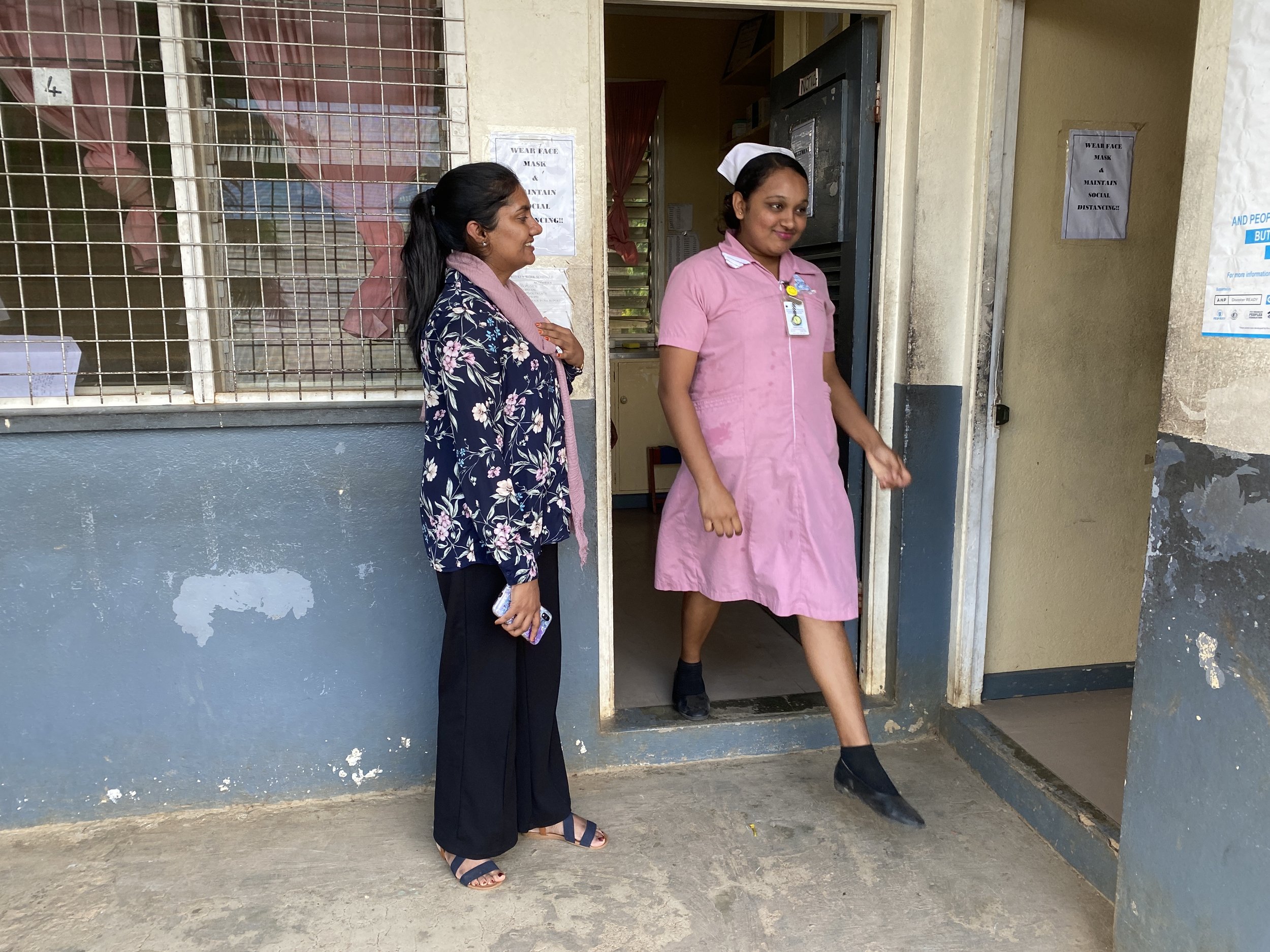
Child and Adolescent Well-Being
Child and adolescent well-being is strongly rooted in attention to the core principles of child rights as set out in the Convention on the Rights of the Child. In our work for international agencies and local organizations, we attend to the four core principles: non-discrimination, devotion to the best interests of the child, the right to life, survival and development; and respect for the views of the child.
These principles are embedded in the methods we use, the materials we create, and the recommendations we make.
Fiji - develop national policy in health care settings for children who have experienced abuse or neglect, craft provider handbook, training manual for training of trainers, and data monitoring system. 2021-2022
Viet Nam - Rapid Situation Analysis of Adolescents in Viet Nam 2019
Viet Nam - Drug use among adolescents and available treatment. 2018
Cambodia - Anastasia worked with the Kingdom of Cambodia’s Ministry of Health to create a handbook for doctors and nurses to use when they encounter a young patient who has experienced violence or neglect.
Child Protection in Health Services
In Fiji, we worked in partnership with UNICEF and Fiji’s Ministry of Health and Medical Services to draft a policy and action plan to inform health care workers’ response to child abuse and neglect. In addition, we crafted a handbook and other tools for health care workers to use to guide their first-line clinical and psycho-social response. And training manuals we designed will inform the roll-out of training for health care workers in 2023.
As part of our process, we toured many health facilities to learn how things work and what challenges they face so we could design materials that make sense in the Fijian context and that are useful. Talking with doctors and nurses, nurse practitioners and midwives from remote nursing stations to urban hospitals provided a lot of valuable information that informed the drafting of the materials. Multiple workshops with health care providers helped us find our blind spots and fill in missing information.













